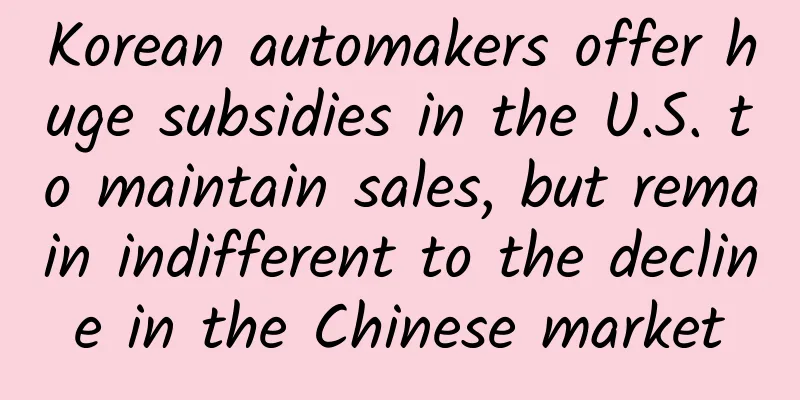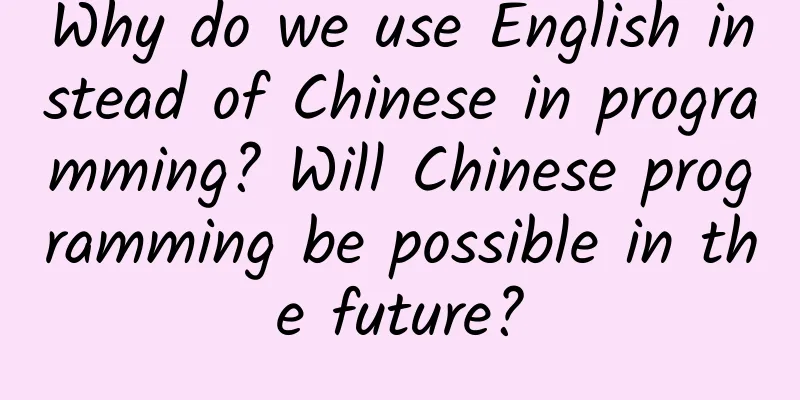Korean automakers offer huge subsidies in the U.S. to maintain sales, but remain indifferent to the decline in the Chinese market

|
Korean automakers really need to think carefully about the competitiveness of their products in China. If the sluggish sales of Japanese cars in China is a gradual decline, the sluggish sales of Korean cars in China is a sudden "mudslide". In 2023, Kia's global sales hit a record high of 3,085,800 vehicles. However, its sales in the Chinese market have declined to the point where few people are interested, with sales of only more than 160,000 vehicles, half of which are exported, which means that domestic sales are actually around 80,000 vehicles. In fact, it is not just Kia, its sister brand Hyundai has also been coldly received in China. Beijing Hyundai recently announced its total sales in 2023. Although it has stopped falling and rebounded compared with the previous year, it is only 7,000 more, which is not worth mentioning compared with its sharp decline in recent years. In the three years from 2020 to 2022, Beijing Hyundai's sales fell by 28.6%, 23% and 30.55% respectively. Today, Korean cars are in an awkward position in China. For a long time, whether it is Hyundai or Kia, its greatest competitiveness has been to compete with German and American car companies in price and with local car companies in technology. However, with the rise of domestic automakers, Korean cars no longer have a technological advantage. After entering the electric era, a number of domestic automakers have grown rapidly and gained a dominant position in the market, quietly taking away the customer base of Hyundai and Kia. In recent years, the Chinese auto market has undergone tremendous changes, and consumers have increasingly higher demands on vehicle brands, product strength, intelligence, new energy, etc. Korean cars have not kept up with the market in these aspects, with slow product updates, lack of characteristics and competitiveness, and have gradually been surpassed by other brands. For Korean car companies, if they want to regain the recognition of Chinese consumers, they will need to introduce their latest technologies to the Chinese market as soon as possible and transplant some of the measures taken in overseas markets to China. For example, just today, Hyundai announced that its vehicles were not eligible for federal tax credits because they failed to meet the requirements of the U.S. Inflation Reduction Act. The company will pay out of its own pocket to provide American electric vehicle buyers with a purchase subsidy of up to US$7,500 (RMB 54,000) to maintain its competitiveness in the U.S. market. Cash subsidies are indeed a good way to attract consumers, but whether Korean automakers are willing to provide subsidies in the Chinese market is another matter. Judging from the current situation, perhaps Hyundai and Kia do not want to save their sales in China. After all, the global sales of the two brands have not been seriously affected by losing the Chinese market. On January 16, Hyundai and Kia expected their profits to reach a new high in 2023. Therefore, perhaps in the eyes of Korean car companies, the Chinese market is not that important. Last June, Hyundai Motor Group CEO Chang Jae-hoon said that he would close another Chinese factory and sell two factories. In addition, the number of models provided by the company in China will also be reduced from 13 to 8. These decisions made by Hyundai Group all point to the same direction: gradually reducing the weight of the Chinese market in the group's overall sales. This news is undoubtedly an extremely dangerous signal to Chinese consumers. After all, if Hyundai and Kia really withdraw from China one day, who will be responsible for the after-sales of these vehicles? As a winner of Toutiao's Qingyun Plan and Baijiahao's Bai+ Plan, the 2019 Baidu Digital Author of the Year, the Baijiahao's Most Popular Author in the Technology Field, the 2019 Sogou Technology and Culture Author, and the 2021 Baijiahao Quarterly Influential Creator, he has won many awards, including the 2013 Sohu Best Industry Media Person, the 2015 China New Media Entrepreneurship Competition Beijing Third Place, the 2015 Guangmang Experience Award, the 2015 China New Media Entrepreneurship Competition Finals Third Place, and the 2018 Baidu Dynamic Annual Powerful Celebrity. |
Recommend
Creative comics: The journey of a seed
Seed industry is the "chip" of agricult...
What determines the taste and appearance of peaches? It took us 14 years to figure it out
"Ten years of exploring the secrets of peach...
A complete Xiaohongshu traffic promotion plan!
Since May 2019, it has been a very difficult year...
3 tips for efficient event operation!
Today, let’s talk about event operations. The so-...
Why is the sky blue? And not all seven colors like a rainbow?
Looking up, it was another beautiful day with blu...
Financial Industry Research Series
Whether it is the consulting industry or the fina...
The Spring Festival travel rush has begun. Which of these ads that flood the screen makes you miss home more?
You must have seen many New Year advertisements l...
How to build a refined operation system?
As operations enter a refined stage, how should w...
Apple Watch causes trouble: Many universities prohibit wearing watches during exams
[[127723]] Beijing time, February 9 morning news,...
Sony suffered a great loss due to "mountaintopism"
While the words "SONY 4K" filled the Bra...
Game performance test: iPhone 6 beats Galaxy S6
Comparative testing by game review company GameBe...
Android, a dirty way to get all the photos in a girl's phone album...
1. When I saw this title, I inexplicably wanted t...
The dirty tricks ransomware uses to fool us
[[167210]] Finding ransomware... Today, ransomwar...
The largest dinosaurs in the world are four stories tall. How did they grow into such giants?
Although life has been on land for more than 400 ...
Swift's pitfall: How to implement multiple selection of enum
question In OC, enum can have multiple selections...









